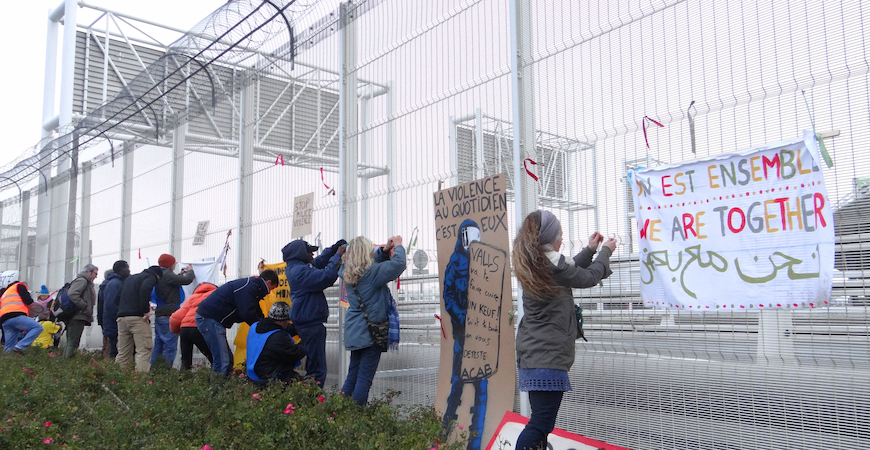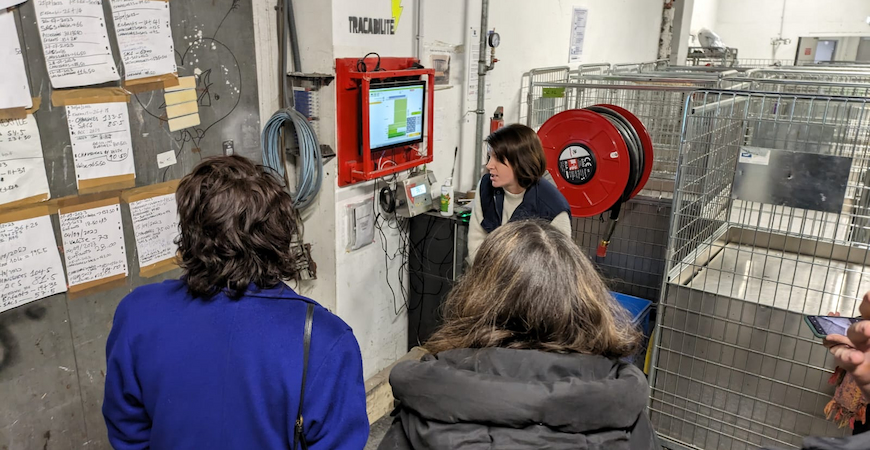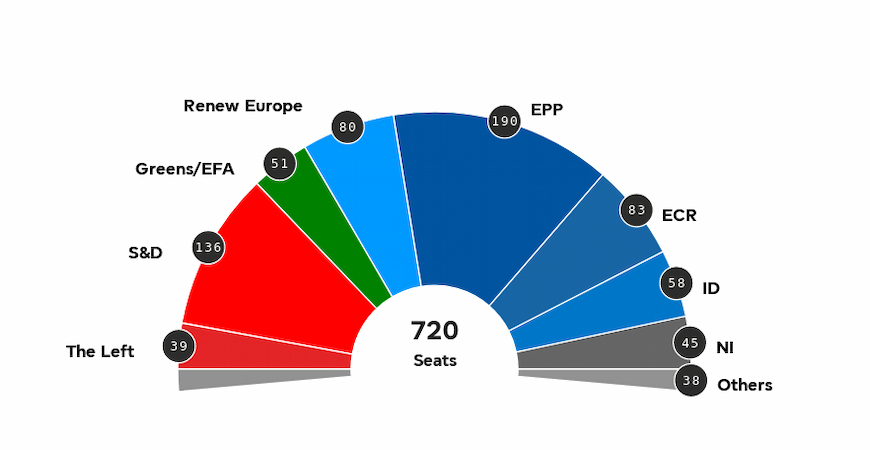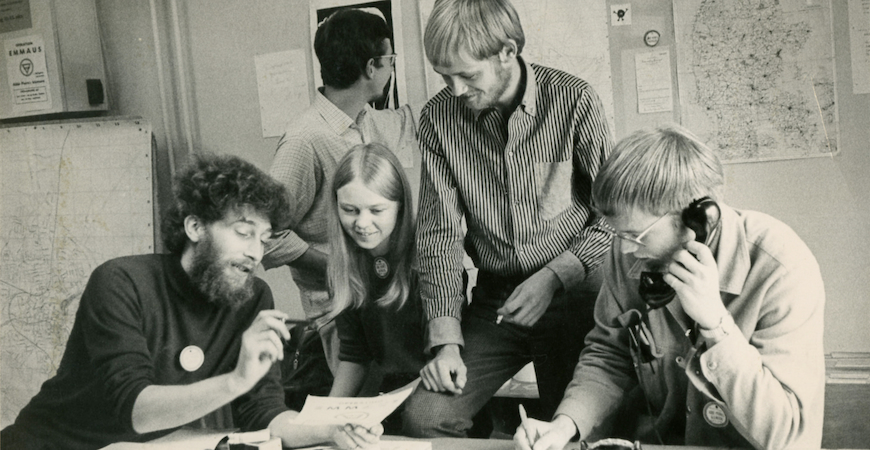UK-Rwanda deal scrapped
Emmaus welcomes the decision, but warns about the proliferation of this type of agreement impacting the rights of migrants in Europe.
The new UK Prime Minister has scrapped the deal to deport some asylum seekers to Rwanda, following the Labour Party’s victory in the 4 July 2024 General Election. Emmaus is pleased about this decision, as it stops a dangerous agreement that would violate human rights from coming into force. However, the growing number of such agreements across Europe is concerning.
The UK Parliament adopted the Safety of Rwanda Bill on 23 April. Rishi Sunak’s government ignored the appeals made by civil society organisations, Lords and even UN experts, as well as circumventing the opinion expressed by the country’s Supreme Court (the court unanimously ruled that the Rwanda deal was “illegal” on 15 November 2023), in order to implement an agreement enabling the UK to deport to Rwanda people who arrived in the UK without authorisation. Emmaus is delighted that this plan has been axed.
However, we wish to sound the alarm about the rising number of agreements of this type. The Rwanda deal is in keeping with a dynamic similar to that which led to other agreements being adopted, such as the 6 November 2023 Italy-Albania deal. This deal allows Italy to outsource to Albania the processing of asylum applications submitted by some foreign nationals picked up or rescued at sea by the Italian authorities.
This trend is particularly worrying as 15 EU Member States[1] have asked the European Commission to adopt a similar mechanism in Europe. In a letter dated 15 May, these States went as far as suggesting a revision of the “safe third country” concept in order to further restrict migrants’ guaranteed rights. This adds to the legislative framework already applied by many Member States to prevent, whatever the cost, people from moving around and settling in their territory, demonstrating an increasing disregard for human rights.
The European Pact on Migration and Asylum adopted on 14 May is not an exception to this rule, as it openly seeks to speed up the removal of people in irregular situations and increase outsourcing of border control. Security and removal mechanisms, rather than actual reception and solidarity mechanisms, are increasingly holding sway in the Rwanda and Albania deals, and in the EU Pact. Motivated by short-term electioneering, the States are totally ignoring the lived experiences of migrants and their supporters, and are deploying policies that exclude, dehumanize, and make migrants vulnerable. Far from the advocated sharing of responsibility, successive legislative instruments are increasingly contravening international agreements and rights that the States have pledged to respect.
At a time when the European elections have led to a worrying rise of the far right, the current trend of isolationism combined with an increase in the number of authoritarian and conservative governments should be a serious warning.
The Emmaus Movement has member organisations in 43 countries, including 21 European and nine African countries, and brings to life the principles of solidarity, and shelter and support, on a daily basis. Depending on the local context, these principles may take the form of providing proper shelter and support for people who have migrated in search of a better life, as well as running social and income-generating activities involving the most socially-excluded people, enabling them to have decent living conditions, wherever they are. Emmaus champions freedom of movement and settlement for all, but also works on a daily basis to ensure that people have the prospect of a decent life wherever Emmaus is located.
These deals are in keeping with a continuum of agreements that push back Europe’s borders a little further, while viewing human lives as a bargaining chip. We refuse to stay silent in the face of these illegal agreements that threaten the integrity of migrants who are only asking for the freedom to move around, just like any human being.
Emmaus International and Emmaus Europe are calling for the following measures to be implemented:
- Compliance with the principles of the Universal Declaration of Human Rights and the Geneva Convention.
- Abolition of the policy of outsourcing border control.
- A return to a proper visa policy.
- Migrant detention to be scrapped.
We are calling for alternative global migration governance, based on respect for fundamental rights and the principle of universal citizenship!
[1] Bulgaria, Czech Republic, Denmark, Finland, Estonia, Greece, Italy, Cyprus, Latvia, Lithuania, Malta, Netherlands, Austria, Poland and Romania.

Credit: Emmaus International.






